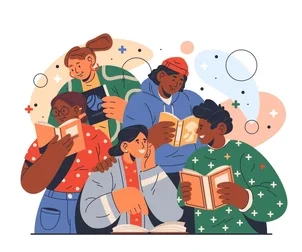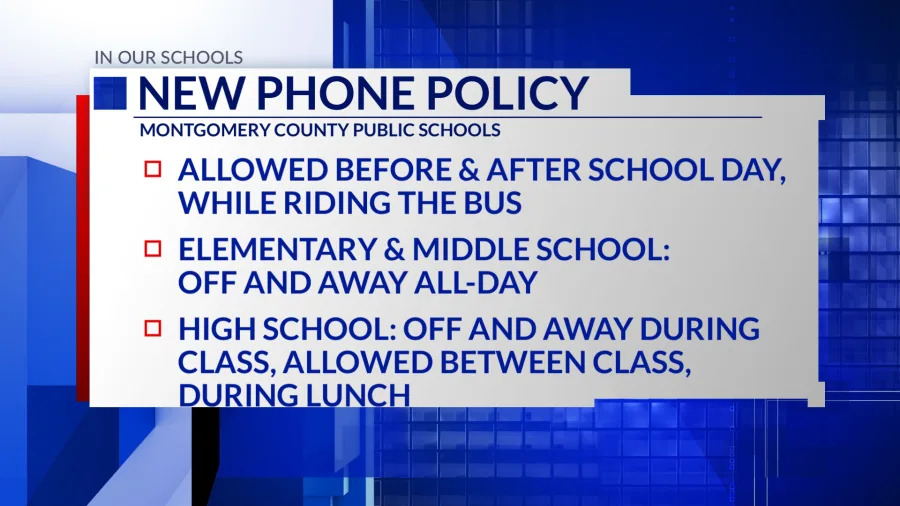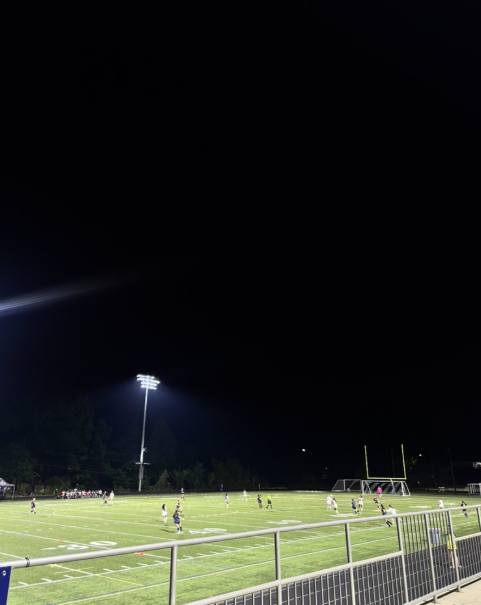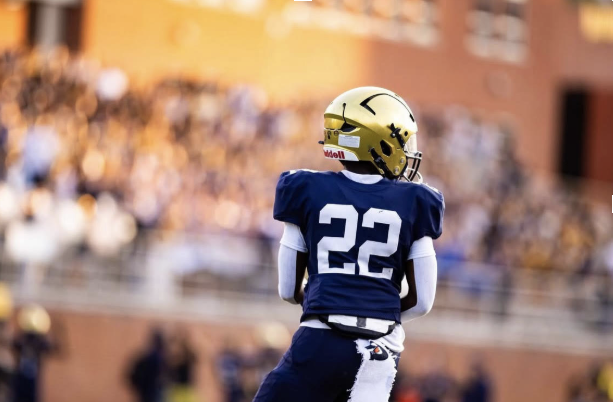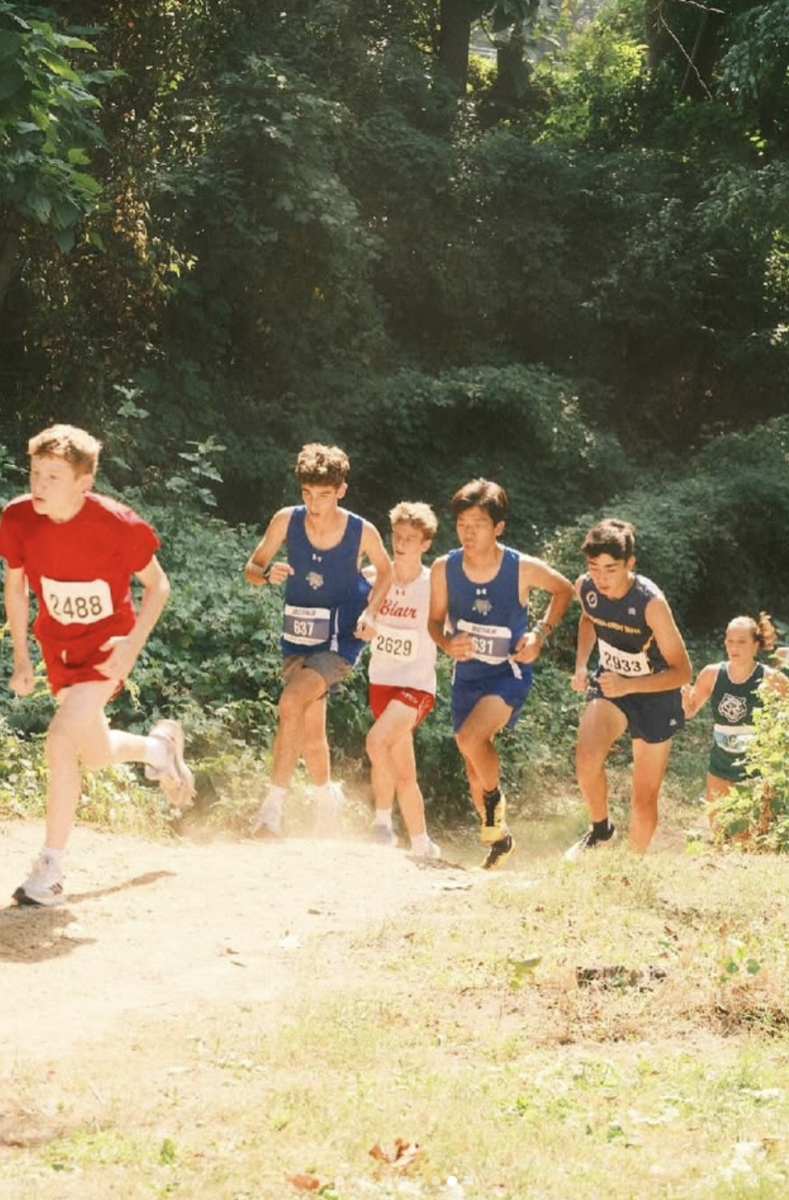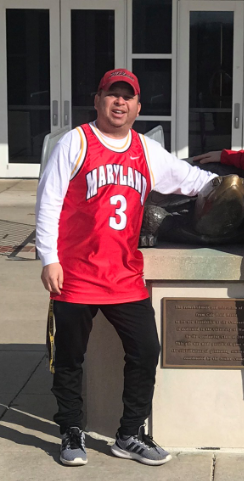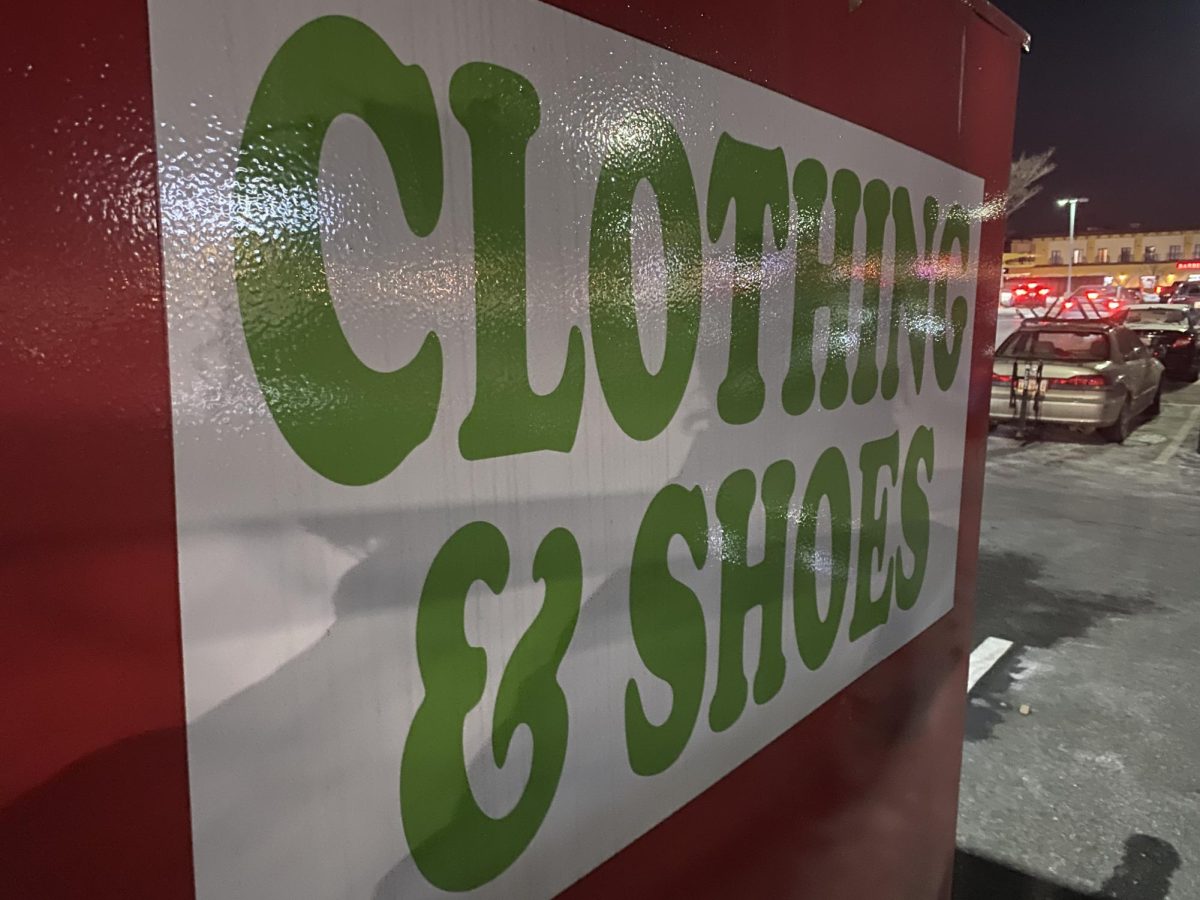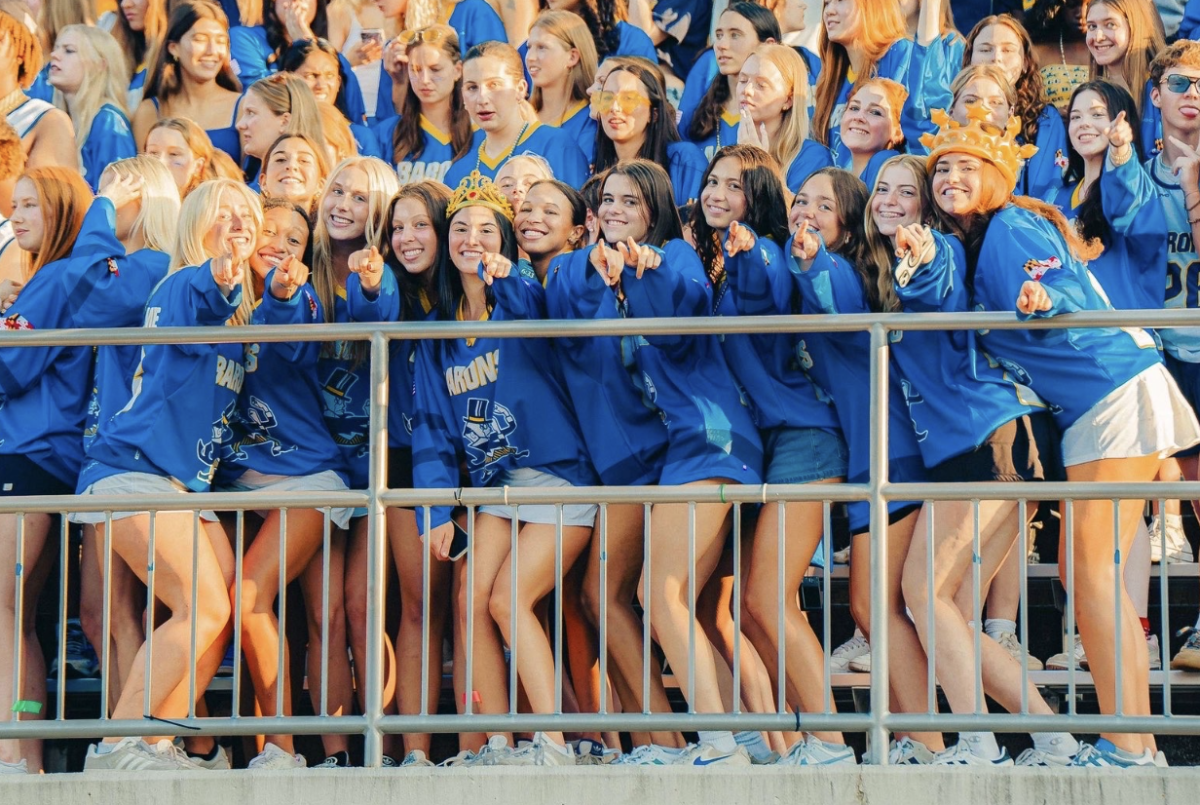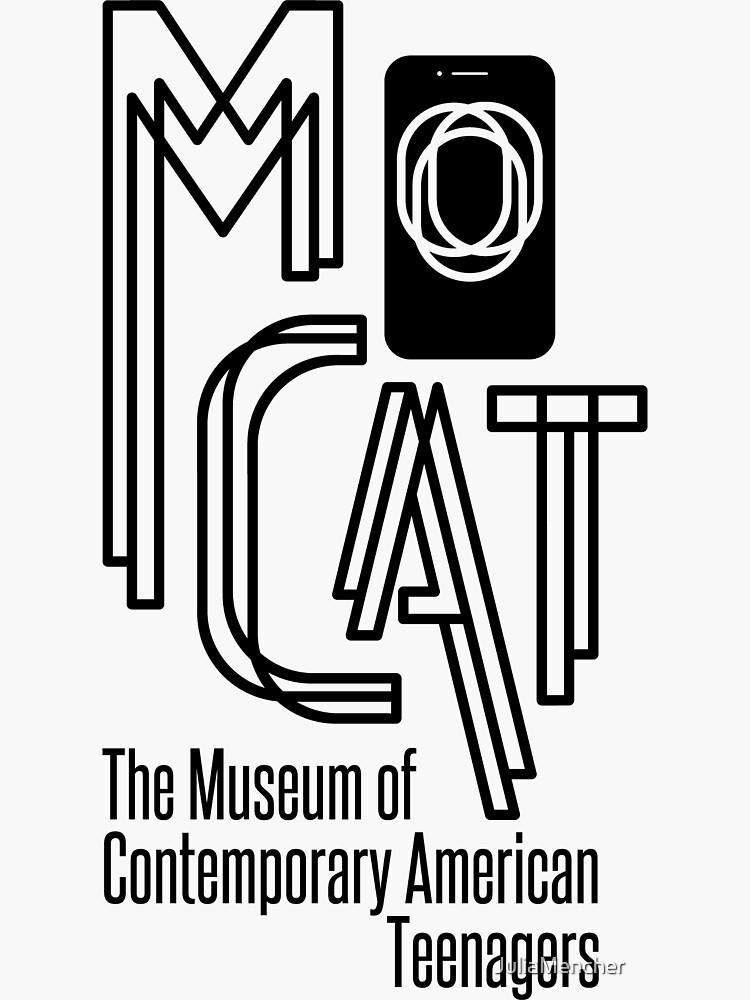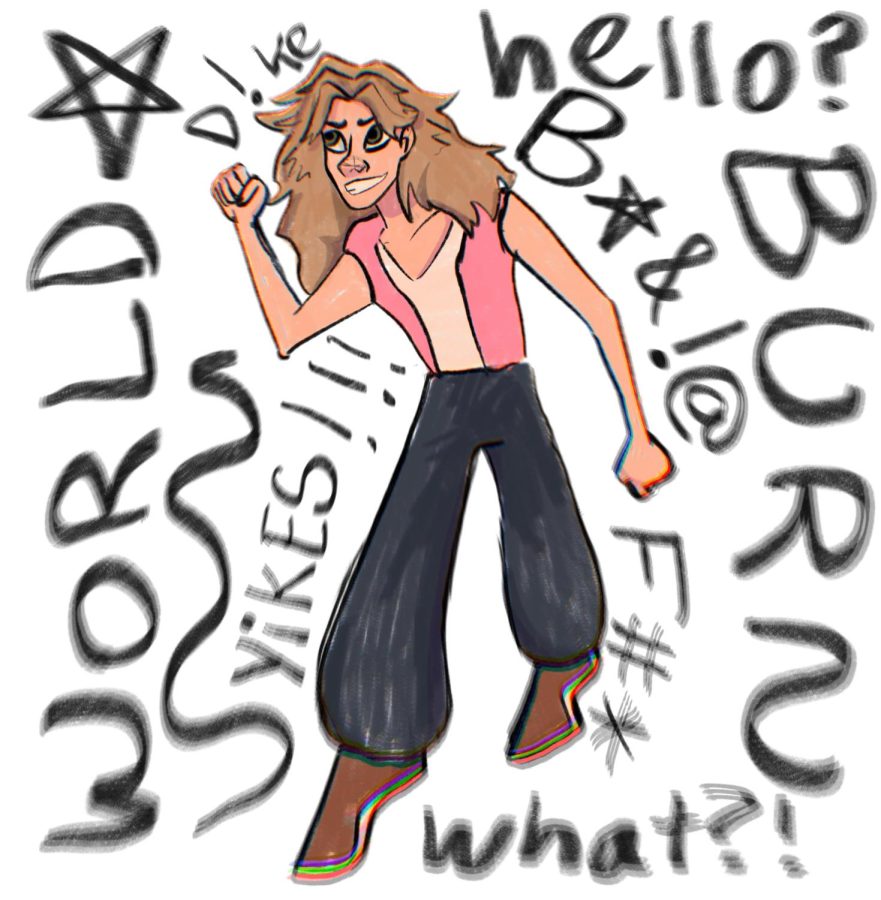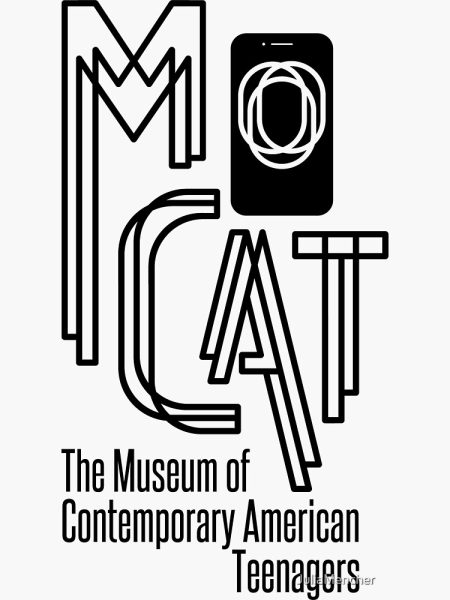“I’d Rather Be Called a Slur”: How B-CC’s Production of Mean Girls Sparked the Discussion
The B-CC community discusses the use of slurs.
Suspense filled the halls of B-CC as students excitedly waited to either score their dream role or at least witness B-CC’s Mean Girls, the spring musical depicting the ups and downs of high school social life. Some of the excitement, however, promptly died when B-CC students found parts of the script to be offensive.
Objections arose when B-CC Drama Director Kevin Koperski emailed the cast to “please use the phrase ‘space-lez,’ instead of ‘space-dyke’ for all instances where required.” When questioned about this revision, Koperski commented, “I made an executive decision based on student input.”
Nalia Ahmed, a B-CC junior who will portray Janis in the musical, also agrees with Koperski’s revision: “As a high school community, we should stray away from slur usage, especially in our school productions.”
These disagreements bring up a broader issue at B-CC: slur culture. Walking the halls of B-CC, it is likely that you will hear someone use historically derogatory language, with the most notorious being the n-word. Although it has become a common belief that only Black people can use the term, the discussion about who can (or can’t!) use slurs has evolved over the decades. Often considered is the importance of context: who, what, where, when, and why.
Tommy Soffronoff, a B-CC senior who will also star in the musical, commented, “I don’t think it should really be up to me, but if someone isn’t part of the group the slur is targeted towards, they shouldn’t use it.”
B-CC junior Meyer Shane disagreed: “Personally, I don’t believe anyone should be able to use those words. They were created off hate.”
Nevertheless, Shane ultimately believes he shouldn’t be the one to decide who can say what, and “only those it’s being projected on” should have an opinion. This illustrates what a complex and fraught topic slur culture is.
In the past, there have also been situations in which slurs were brought into academic settings, particularly English classes. In response, B-CC’s English Department released guidelines this year on “racial epithets and marginalizing language in the academic setting.” They also encouraged students to report instances in which these guidelines weren’t adhered to.
So where does this leave us? The only answer seems to be that societal norms are constantly evolving. Whatever we think is (or isn’t!) okay to say today may change tomorrow. However, discussions sparked by the musical alone indicate that engaging in discourse and being willing to change one’s behavior is critical regardless of what new evolution comes to B-CC.
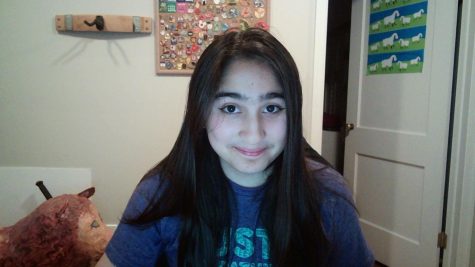
Claire Wang, a B-CC senior, serves as the Co-Director for The Tattler's Art Team and a contributing writer. She also has two dogs and two cats.

